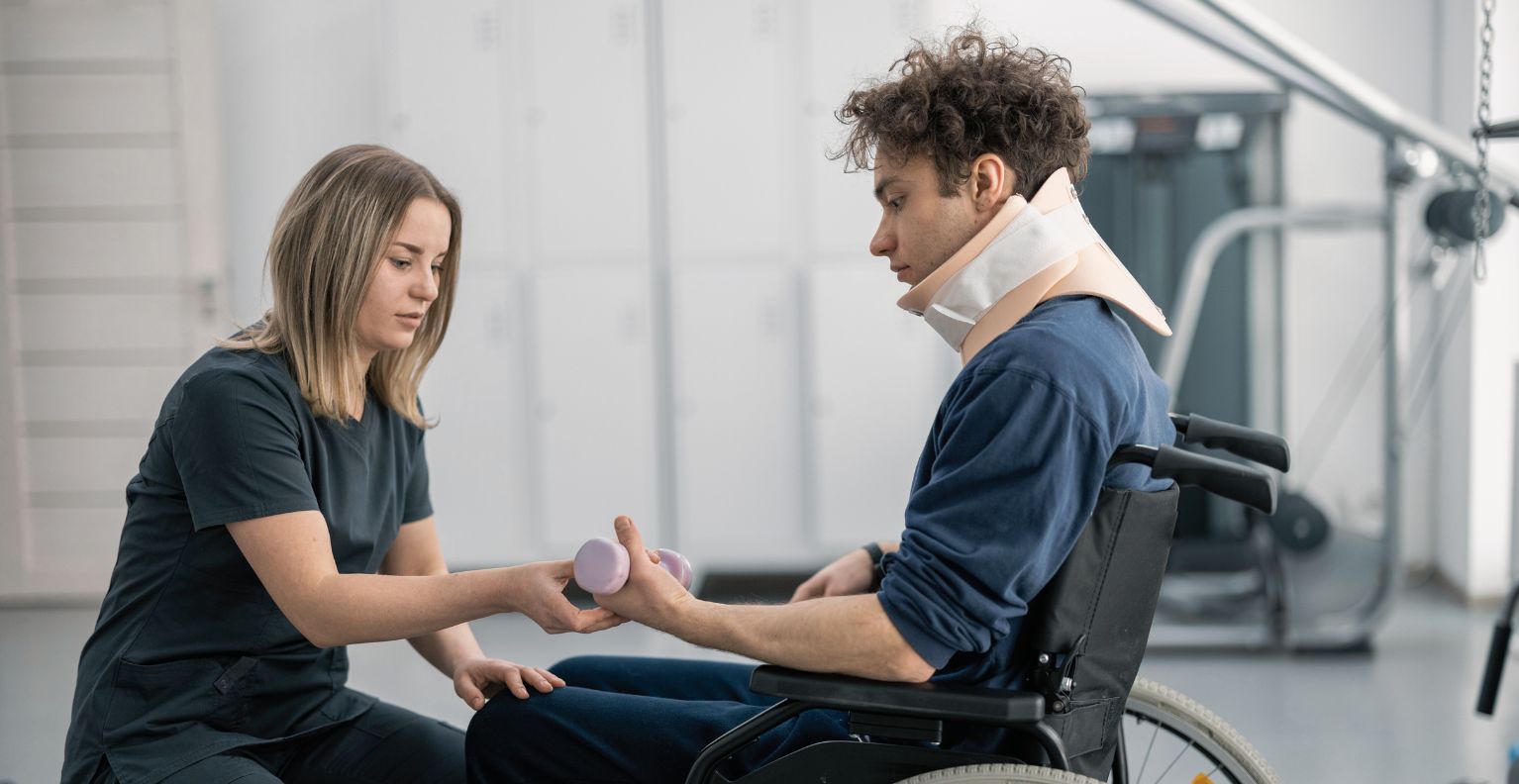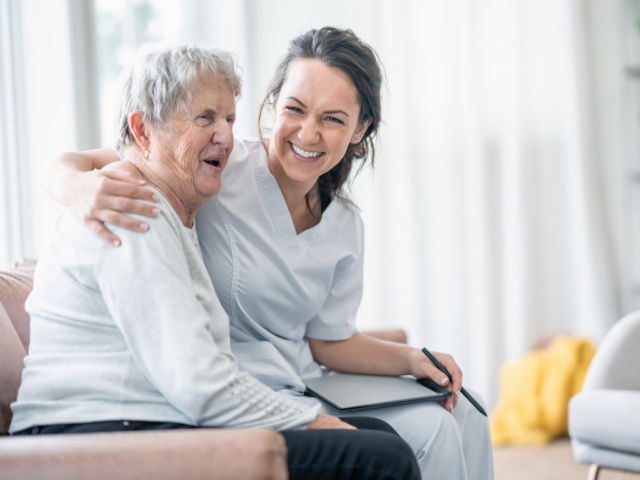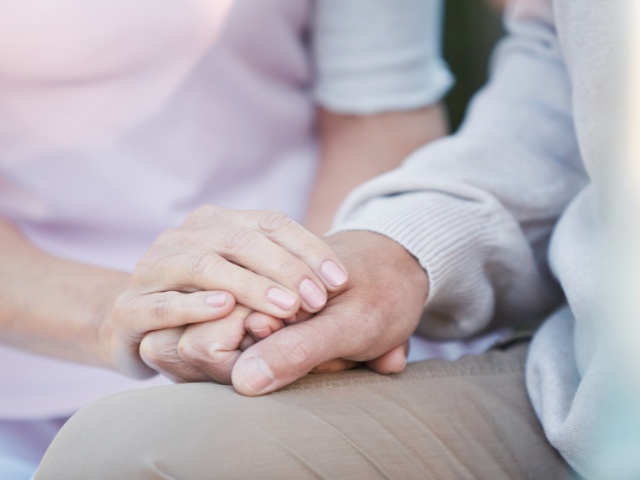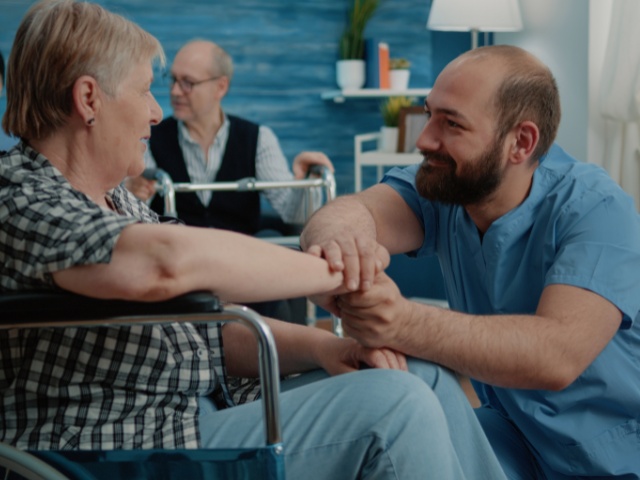
Rebuilding Lives After an Accident
Introduction
Accidents can strike suddenly, leaving victims and their families overwhelmed by unexpected challenges. From fractures and mobility limitations to lasting psychological effects, the road to recovery can be long and complex. In Kerala, community-based support systems are instrumental in aiding survivors through rehabilitation, re-integration, and emotional healing.
Immediate Aftermath
The initial days following an accident often involve critical medical interventions. Proper first aid, ambulance support, and hospital care are paramount. During this stage, having accessible ambulance services can make the difference between a swift recovery and prolonged complications. VPRC’s ambulance teams, for instance, are trained to provide both emergency treatment and emotional reassurance, bridging the gap until hospital admission.
Rehabilitation Strategies
Once the acute phase passes, rehabilitation comes into focus. Physiotherapy plays a crucial role here, helping to rebuild strength, flexibility, and coordination. Occupational therapy can also assist individuals in relearning daily tasks or adapting to new ways of completing them. Centers that emphasize a patient-centric approach will tailor these therapies to each individual’s unique needs, goals, and pace of progress.
Accidents don’t just impact the body; they can also cause trauma, anxiety, or depression.
Emotional support becomes essential as survivors adjust to lifestyle changes, potential job
loss, and altered family dynamics. Counseling and group therapy sessions offer safe spaces
for discussing fears, sharing coping strategies, and building resilience.
Community Involvement
In Kerala’s close-knit communities, local volunteers and non-profit organizations often step up to assist with meal deliveries, equipment rentals, and basic house modifications. This collective effort helps remove barriers to recovery—financial, logistical, and emotional. Having a strong support network can greatly boost a patient’s motivation to adhere to rehabilitation protocols and stay positive through setbacks.
Future Outlook
With advancements in medical technology and telehealth, accident survivors can access specialized consultations remotely. This is especially beneficial for individuals living in rural or semi-urban areas. As institutions like VPRC expand their reach, more communities will gain access to affordable, high-quality post-accident care.
Conclusion
Rebuilding one’s life after an accident is a multi-faceted process that demands consistent medical attention, psychological support, and community involvement. By weaving these elements together, individuals stand a far better chance at regaining independence and emotional well-being. In a supportive environment that addresses both physical and emotional needs, survivors can confidently step back into their lives—often emerging stronger and more resilient than before.





